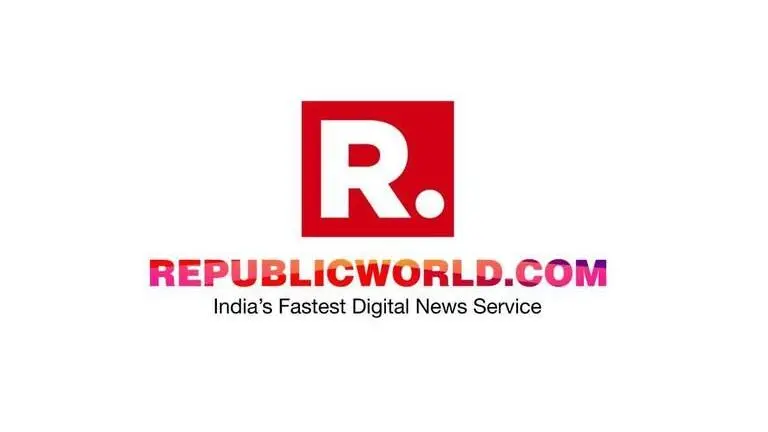Updated 1 August 2019 at 08:01 IST
Imran Khan slammed by global media watchdog over his statement on press freedom in Pakistan
The global media watchdog Reporters Without Borders (RSF) said Wednesday it was an "obscenity" for Pakistani Prime Minister Imran Khan to say that press freedom was thriving in his country.
- World News
- 4 min read

The global media watchdog Reporters Without Borders (RSF) said Wednesday it was an "obscenity" for Pakistani Prime Minister Imran Khan to say that press freedom was thriving in his country. During a recent visit to the United States, Khan had said talking about curbs on press freedom in Pakistan was a "joke".
"It is clear that either you are very poorly informed, in which case you should urgently replace the people around you, or you are knowingly concealing the facts, which is very serious, given your responsibilities," wrote RSF Secretary-General, Christophe Deloire.
Given a recent surge in press freedom violations, which RSF enumerated in a statement, "you will appreciate that to talk of 'one of the freest presses in the world' is clearly tantamount to an obscenity," Deloire said. He urged Khan to "allow Pakistan's journalists to exercise their profession in complete safety and with complete independence. "The credibility of the Pakistani state and democracy is at stake," Deloire wrote.
Crackdown in Imran Khan's Pakistan:
Khan, a cricket hero who captained the national team to World Cup victory in 1992, was elected last summer after running a fiery campaign - vowing to crack down on corruption and build an Islamic welfare state. But, nearly one year later, his rule has been marred by a crackdown on civil rights activists, the rounding up of opposition leaders, and increased pressure on the press. His government is also struggling to right the country's floundering economy, with ballooning deficits, soaring inflation, and a sinking rupee stirring discontent.
Advertisement
Earlier in July, Khan's government launched another blistering attack on the press, linking critical coverage to potential "treason". Also in July, a number of private television channels had their broadcasts cut after screening a press conference with opposition leader Maryam Nawaz. The Committee to Protect Journalist last year warned that the powerful Pakistani military had "quietly, but effectively, set restrictions on reporting".
Pakistan routinely ranks among the world's most dangerous countries for media workers, and reporters have frequently been detained, beaten and even killed for being critical of the government or powerful military.
In recent years the space for dissent has shrunk further, with the government announcing a crackdown on social networks and traditional media houses decrying pressure from authorities that they say has resulted in widespread self-censorship.
Advertisement
Anti-Imran Khan protest in Pakistan
Amid mounting economic problems in the country, there was countrywide protests dubbed as the black day protest in Pakistan on July 30. The protests highlighted the tensions in the country a year after Imran Khan came to power. While there has been a surge in fuel prices, and a plunge in the value of currency, there are additional charges of allegations of media censorship and curb on voices of dissent. As the Oppostion marches intensified on Thursday, the city of Quetta, Lahore and Karachi boomed with Anti Imran Khan sentiments.
Speaking at a protest rally in the football stadium in the western city of Quetta, Maryam Nawaz, leader of the PML-N party and daughter of former Pak PM Nawaz Sharif said, "Every day in the presence of Imran Khan is a black day. Proposing a march to condemn Khan's meet with Donald Trump, Maryam in a thundering speech highlighted that Khan accepted the dictate of the US President.
In Karachi, Pakistan’s commercial capital, the other opposition party PPP staged a protest. Bilawal Bhutto Zardari, son of the murdered former prime minister Benazir Bhutto said: "25th July is the worst and blackest day in the history of Pakistan. Because not only parliament but democracy is under threat. Because not only politicians but politics is under threat. Because not only media but the freedom of the media is under threat in our country."
JUI leader Maulana Fazlur Rehman in a protest threatened of a march in Islamabad if Khan does not resign. "We are giving you a dead line to you Imran Khan to resign in August, you must leave in August, you can avoid Islamabad March then, if you don't resign, then get ready, we will be in Islamabad in October," he said.
Published By : Press Trust Of India
Published On: 1 August 2019 at 07:28 IST
